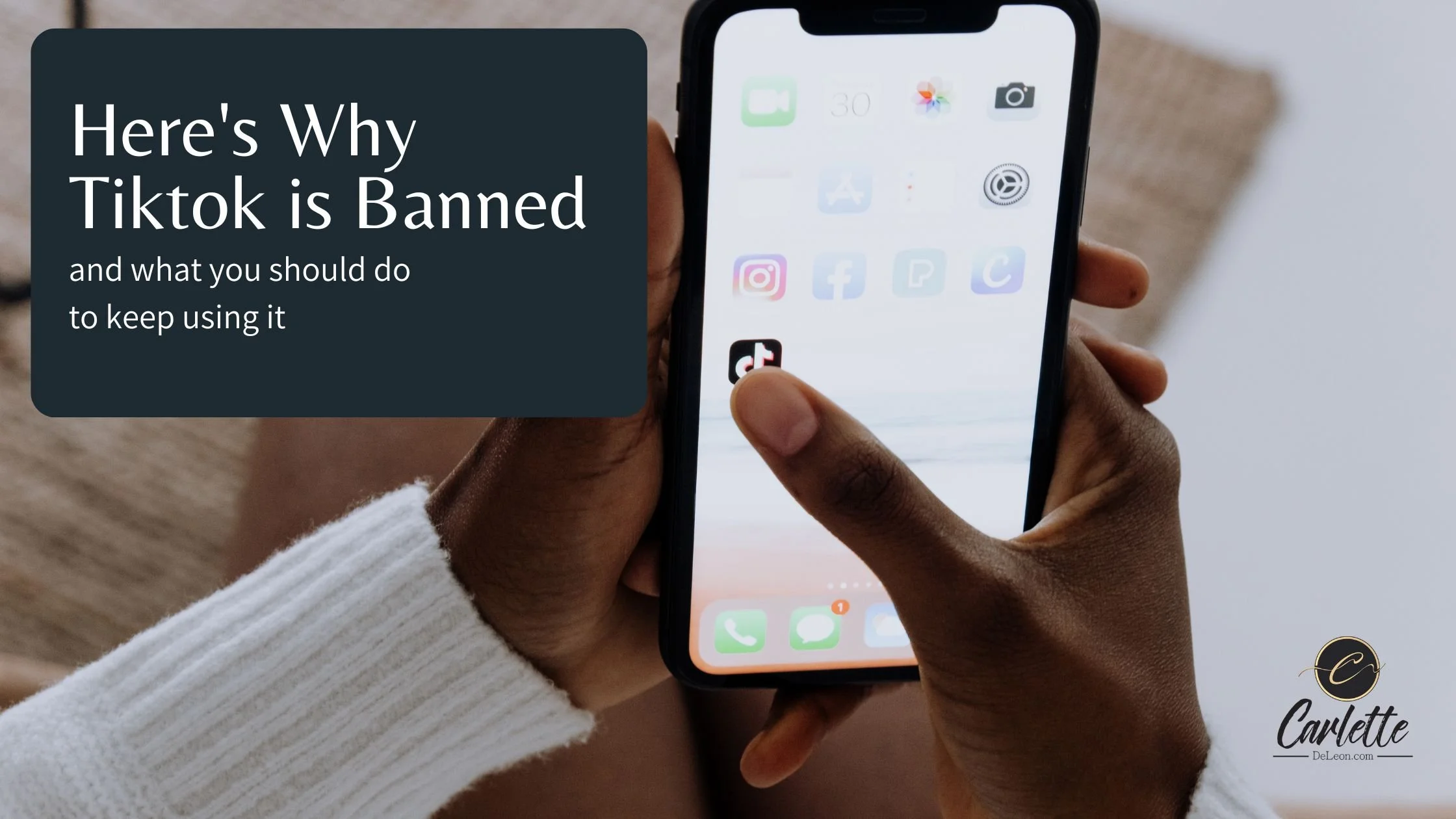Here's why TikTok is banned and what you should do to keep using it
TikTok is a free, ad-supported short-form video hosting app owned by the Chinese company Byte Dance available for both iOS and Android devices. The app hosts user-submitted videos from three seconds to, last I checked, 10 minutes in length. (It's been hosting longer and longer videos, so this might change, let's see).
TikTok is popular
TikTok is available in over 35 languages and is currently the most popular social media platform on earth.
With over 2.5 million downloads in over 150 global markets and available in 35 languages (as of this writing), TikTok is, objectively, hugely popular. It's especially popular with the 'kids'. 40% of users are 18-24 years old, and many are even younger. Due to lax sign-up requirements, children as young as nine years old, tweens and younger teens flock to the platform.
TikTok's popularity is well deserved considering its range of "really cool" filters, access to music, use of stickers and innovative video editing features in the very long list of interactive features. The platform is a fun destination for entertainment and information, sometimes called infotainment.
Amature and professional content creators serve up a seemingly unending stream of videos on beauty, fashion, personal finance, cooking, dance, spirituality and much more.
TikTok is dangerous
The highly controversial TikTok algorithm 'gets' its users' preferences and delivers digitally curated content for the express purpose of keeping users engaged in exchange for ad revenue. Like sugar, coffee or cocaine, TikTok is additive. The capitalist-driven nature of the platform ensures profitability for its owners, not necessarily the well-being of its users.
In fact, the social media app has been accused of many "anti-social" behaviours, such as:
Harvesting too much or unnecessary user data, including email, contacts, location, device model and more
Accessing other apps, including email (this is yet to be verified)
Contributing to increased instances of ADHD, anxiety and depression
Pushing questionable content, dangerous 'challenges' and/or misinformation
Not fairly compensating creators for the content which brings revenue to the platform
“The general consensus from the privacy community is that TikTok collects a lot of data, but it’s not out of step with the amount of data collected by other apps.”
Simple as it is, TikTok is complicated. As a result, it has been both embraced and banned. Several governments, including India, Bangladesh, Indonesia and Pakistan, have temporarily or entirely banned the app. In the United States, concerns over privacy and security led the Federal Government to order the app removed from all state devices. Across the pond, the European Union is evaluating the app under the Digital Services Act.
TikTok is ubiquitous
Marketers across the globe, on every scale, hail the app as a game changer. They praise the access to consumers directly and through native content creators, often called influencers.
No doubt, TikTok can have a significant influence on our lives as individuals. And we are individuals. There is no one solution. For some of us, TikTok is like cocaine, with no redeeming value and must be eliminated. For others, it's like coffee, not necessary but can be useful when consumed in moderation. For others still, TikTok is like sugar; it's unavoidable but manageable.
TikTok is safe
Avoid TikTok if you can. If you can't, or won't, follow these safety tips:
If you are a parent, restrict use for children under 16 and limit screen time for teenagers 16 or older to 30-45 mins per day
Periodically review and adjust your privacy settings
As with all online platforms, use strong, unique passwords and multi-factor authentication
If you are not a content creator/influencer, activate the "don't suggest" feature to reduce trolls and other bad actors from discovering your account online
If you post the occasional video for friends, not for the express purpose of monetizing your content, restrict others from downloading your videos
Limit screen time to less than 60 mins per day; add TikTok-free days to your weekly schedule
Consider alternative platforms with stricter regulations, like Instagram Reels and YouTube Shorts
Visit the TikTok website online and watch, without creating an account
Get help if you feel addicted, helpless or depressed
Always remember, technology is for us to control, never the other way around.





